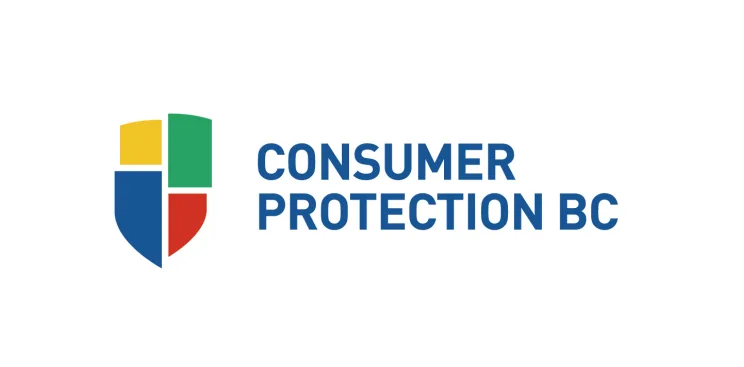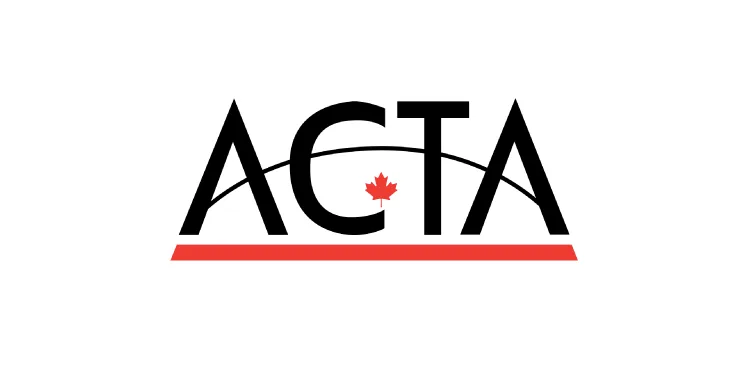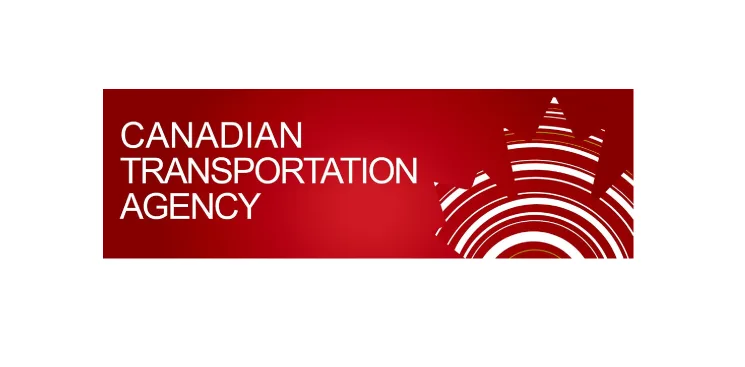
I can claim for "loss of enjoyment" if something went wrong with a holiday that caused me distress or disappointment.
If something went wrong with your holiday, your legal rights depend on who you booked with and what went wrong.
What you should know
If you went on a package holiday (featuring transportation and accommodation sold together by a travel agent or tour operator), you’re legally entitled to compensation in these situations:
If the holiday you went on was lower in value than the one you booked. For example, let’s say you paid for a deluxe room but only got a standard room. This is called “loss of value” and you can claim back the difference in value.
If you had to spend extra money because of a problem with the holiday. For example, let’s say you had to pay for another hotel room because there were fewer beds in the room you booked than you were promised. This is called claiming for “out-of-pocket expenses."
If something went wrong that caused you distress or disappointment. For example, let’s say the pool at the resort was closed for the whole trip. This is called “loss of enjoyment."
Loss of enjoyment is hardest to value, and the subject of many disputes. If your children hoped to be in the pool daily — and couldn’t — that could have a huge impact on your enjoyment of the holiday. To others it would be a mild inconvenience. Your claim should reflect the degree of impact on your enjoyment of the holiday.
You’ll only be able to get the full cost of the holiday back if it was completely ruined. This rarely happens.
You can’t get compensation if:
you simply didn’t enjoy the holiday, even though it matched what you booked
the problem was out of the holiday company’s control (for example, bad weather)
you’ve already been compensated — for example, the hotel compensated you by upgrading your room while you were staying there
It’s harder to get compensation if you organized the holiday yourself, because it’s likely that you’ll have different contracts with different companies (for example, hotels, airlines and rental companies). If those companies are based abroad, you won’t be protected by British Columbia law and your rights could be completely different.
However, this doesn’t mean you can’t try. Most companies will have a complaints procedure that you can go through, so you might get some compensation.
If your holiday plans are changed due to an overbooking, it's likely that the agreement between you and the provider of the travel or accommodation has been breached. When a contract is breached in this way, you're entitled to claim compensation or a refund from the provider.
If your flight was cancelled, airlines or tour operators will often arrange alternate transportation to enable you to reach the destination named on your ticket. If this is not possible, you should be entitled to a refund of the unused portion of your ticket.
You may also be entitled to compensation for out-of-pocket expenses you have as a result of the cancellation, such as for taxi service or overnight accommodation.
Check the information you received when you made the booking to see what you’re supposed to get. There are also minimum compensation standards under Canada’s new Air Passenger Protection Regulations. We explain these in our guidance on your flight rights.
Work out the problem
Contact the company you booked the holiday through. If you used a travel agent, contact the agency. If you booked a package holiday with a tour operator, contact the operator. If you organized the holiday yourself, contact the accommodation or service provider directly (for example, the hotel or ski resort).
Be firm and businesslike, but polite. Calmly and accurately describe the problem and what you want the company to do to solve it.
Request specifics about how and when something will be done, and get the other person's name in case you have to refer to this conversation later.
Write down any details of your complaint and keep it in your file. Make sure to date your notes.
If discussing the situation with the company you booked with doesn’t resolve the problem, the next step is to send a complaint letter to them.
You should include:
your name, address and contact number
clear details of what went wrong
any evidence you have, such as photos
copies of your booking and any receipts for out-of-pocket expenses
the resolution you are seeking
If you want to be sure the company receives your letter, send it by registered mail.
Keep a copy of your letter.
If the company makes you an offer that you think is too low, you can ask for more. They might come back to you with a higher offer.
If the letter doesn’t resolve the problem, ask the company if they are members in a trade association. The association may be able to deal with the dispute using alternatives to court, like mediation. For example, the Association of Canadian Travel Agencies provides informal mediation to help resolve a dispute with a travel agent who is a member of the association.
Ask the company whether they are a member of the Better Business Bureau. If they are, contact the Better Business Bureau to file a complaint.
If the company is a licensed travel agent in BC, you can submit a complaint to Consumer Protection BC.
If you booked your holiday through a travel agent or tour operator licensed with Consumer Protection BC, and the travel services were not provided, you may be eligible for a refund from the Travel Assurance Fund.
For example, if you booked a resort holiday through a licensed travel agent and the agent goes out of business — and your booking falls through — you may be able to get a refund from the fund. The maximum amount payable from the fund is $5,000 for each person covered by a claim.
You can use the Consumer Protection BC licence search to check that the travel agent or tour operator you booked through is licensed. If the agent or operator was not licensed, you are not eligible for a refund from the Travel Assurance Fund.
To make a claim, complete the Travel Assurance Fund Claim Form, available as an online form.
Your claim must be received by the Fund within six months from the planned travel date.
If you disagree with the decision on your claim, you can apply for a reconsideration. You must submit a request for reconsideration within 30 days of receiving the decision.
If you cannot solve the problem with the above steps, your next step may be to take legal action. This step can be costly and time-consuming. You should look at all other options before suing.
If you decide to sue, note that there are time limitations on filing lawsuits. If you don’t have a lawyer, there are options for free or low-cost legal help.
Who can help

Consumer Protection BC
Licenses travel agents in BC and handles complaints about travel agents.

Association of Canadian Travel Agencies
Provides informal mediation to help resolve a dispute with a member travel agent.

Canadian Transportation Agency
Helps resolve disputes between passengers and airlines operating in Canada.

Access Pro Bono’s Everyone Legal Clinic
Clinicians provide affordable fixed-fee services on a range of everyday legal problems.

Lawyer Referral Service
Helps you connect with a lawyer for a complimentary 15-minute consult to see if you want to hire them.

BC Legal Directory
Search for a lawyer by community or legal issue. From the Canadian Bar Association, BC Branch.
